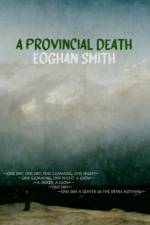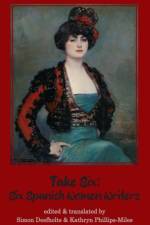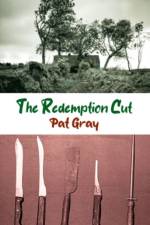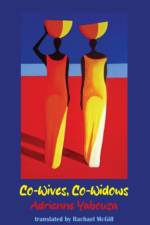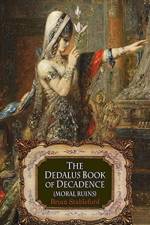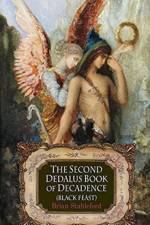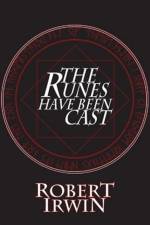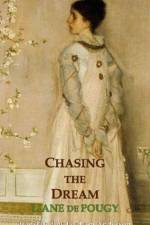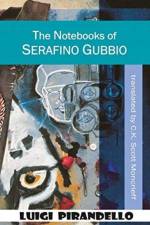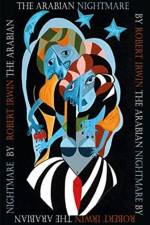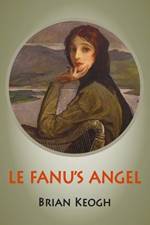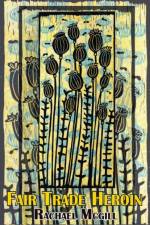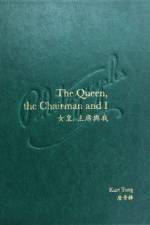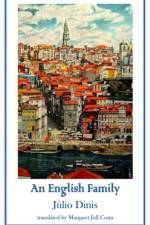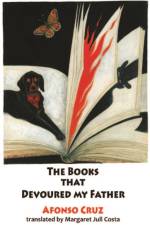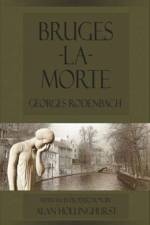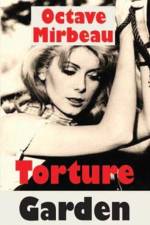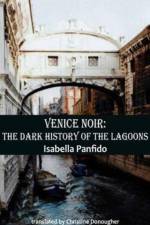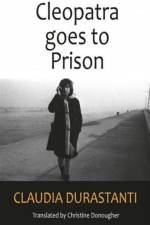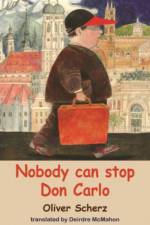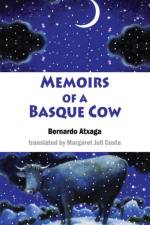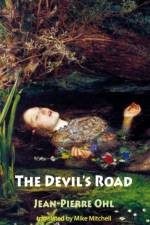av Dara Kavanagh
159,-
Prague 1938 is a coming-of-age novel, or a novel of lost illusions, set in a Czechoslovakia threatened with incorporation into the Third Reich. Centred on the 15 year old Guido Hayek, it traces his infatuation with Leah Meisel, an orphaned Jewish girl several years older than him who, he discovers, is part of a street-gang of con-artists and petty thieves. His initiation into their world occurs when Leah challenges him to steal a ring from a jewellers. Soon he is enmeshed. Guido is aware that Leah's grandfather Ezra Meisel, an antiques dealer, has plans to emigrate to Odessa with her, particularly as the Sudeten Crisis comes to a head. Guido's own crisis comes to a head when he discovers that his father Emil, an art-dealer whom he adores, is bent on cheating old Meisel, and he must choose between aiding the Meisels or helping his own half-sister, the 'degenerate' artist Katya, who also has the 'taint' of Jewish blood, emigrate to the New World. "The streets of Prague take centre stage in this smorgasbord of a novel: coming-of-age, familial upheaval, political unrest, artistic intrigue, rag order existence, the folly of youthful infatuation, the warp and woof of flight to a new world; and all of it played out under the looming shadow of war, of a world approaching the precipice. This is elegant, vibrant and read-on storytelling at its very best." - Alan McMonagle "[Dara Kavanagh] has written a vivid coming-of-age morality tale set in pre-WWII Prague that holds a magic mirror up to our own strange and disrupted times" - Paul Lynch

